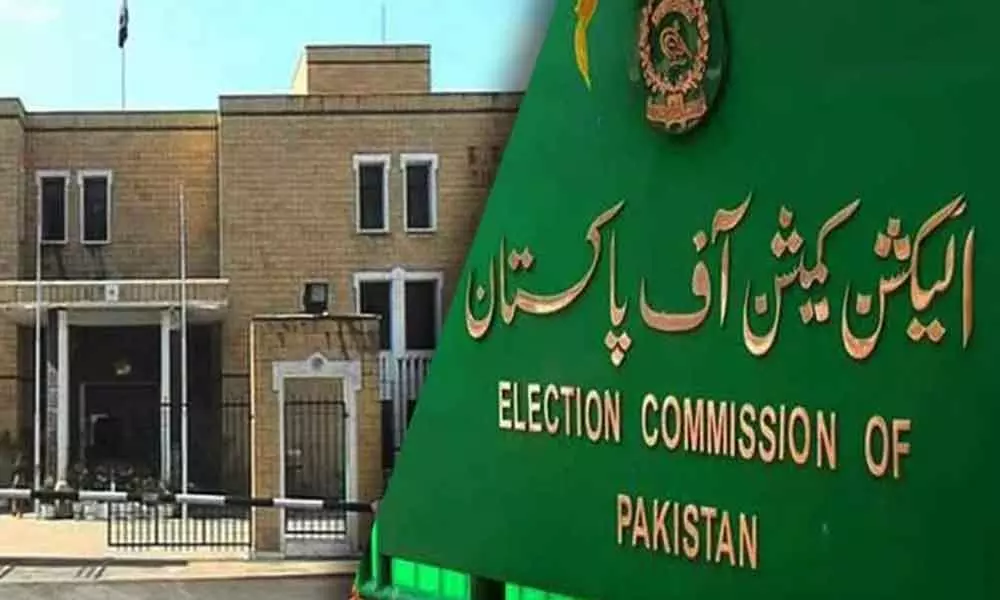
76 years after independence as a democratic state, and as the country approaches its next general elections, there are many who worry that Pakistan’s history shows that these elections too will not be free or fair. The Pakistani establishment is even more powerful today than it was in 2008; political parties face court cases and the corruption bogey; and the security situation is worse today than it was a decade ago. This is in addition to the continuing economic crisis. And above all, Pakistan’s internal faultlines where Pakistan’s various sub-nationalisms – Muhajir, Pashtun, Baloch, Seraiki, Sindhi – and its minorities – Ahmadis, Hindus, Christians, Sikhs, and others – are deprived of their voting rights.
As an editorial in Dawn noted, the state continues to apply overwhelming force against political parties. “From refusing to obey release orders, to outright disappearing people; from breaking into suspects’ homes, to kidnapping their family members to forcing them to surrender. It is therefore disingenuous, given this context, to suggest that the freeness and fairness of any eventual polling exercise should be considered without regard to all that has preceded it.”
The Editorial warned that “The lesson that the establishment should have learnt by now from the suppression of the PPP in the Zia era, and PML-N’s persecution in the Musharraf and Bajwa eras, is that thwarting the public will by artificial means only creates long-term instability in return for short-lived gains. Banning parties, disqualifying key leaders, forcing politicians to switch allegiances, restricting candidates from campaigning, and queering the pitch in other ways just to secure an electoral outcome that is favourable to a handful of powerful individuals has caused demonstrable and lasting harm to Pakistan’s political structure.”
In conclusion, the Dawn editorial noted, “Pakistan’s precarious present condition should be warning enough against repeating these failed past experiments. If this cycle is not broken, we will be doomed to repeat it.”
![]()





